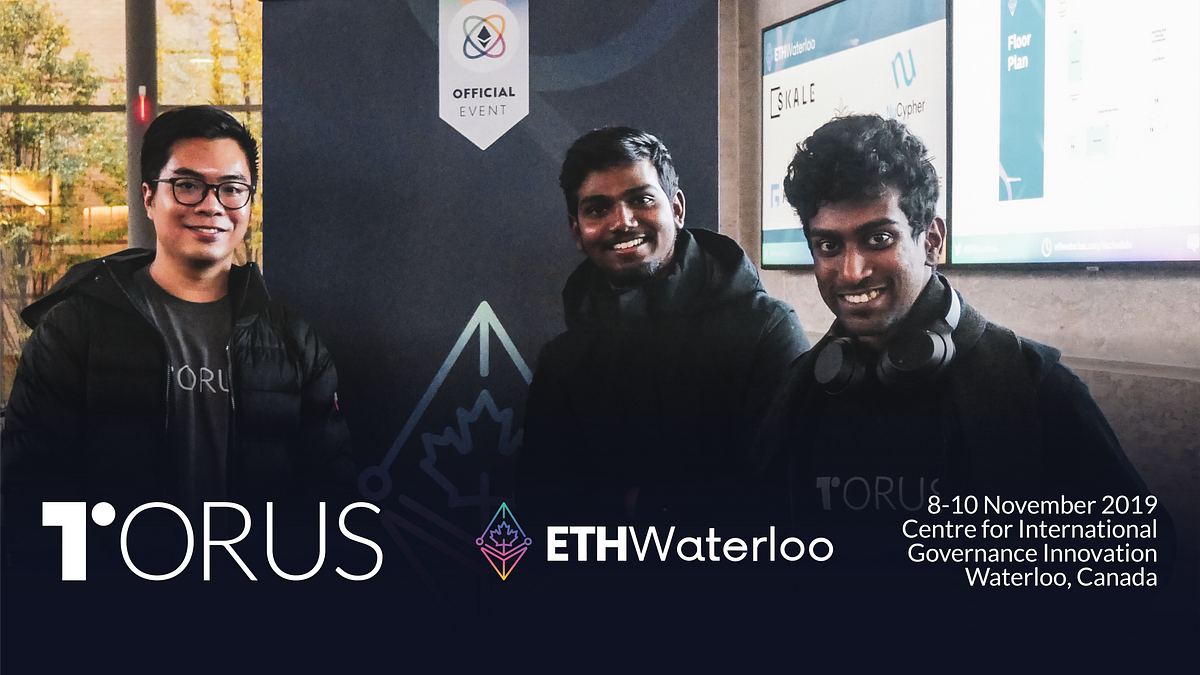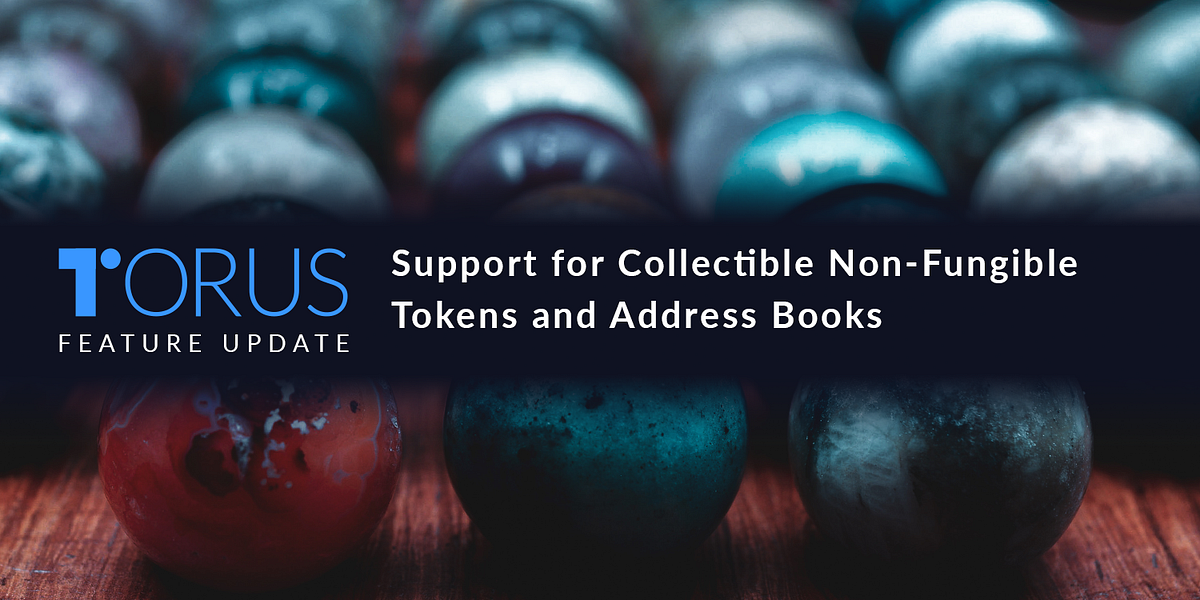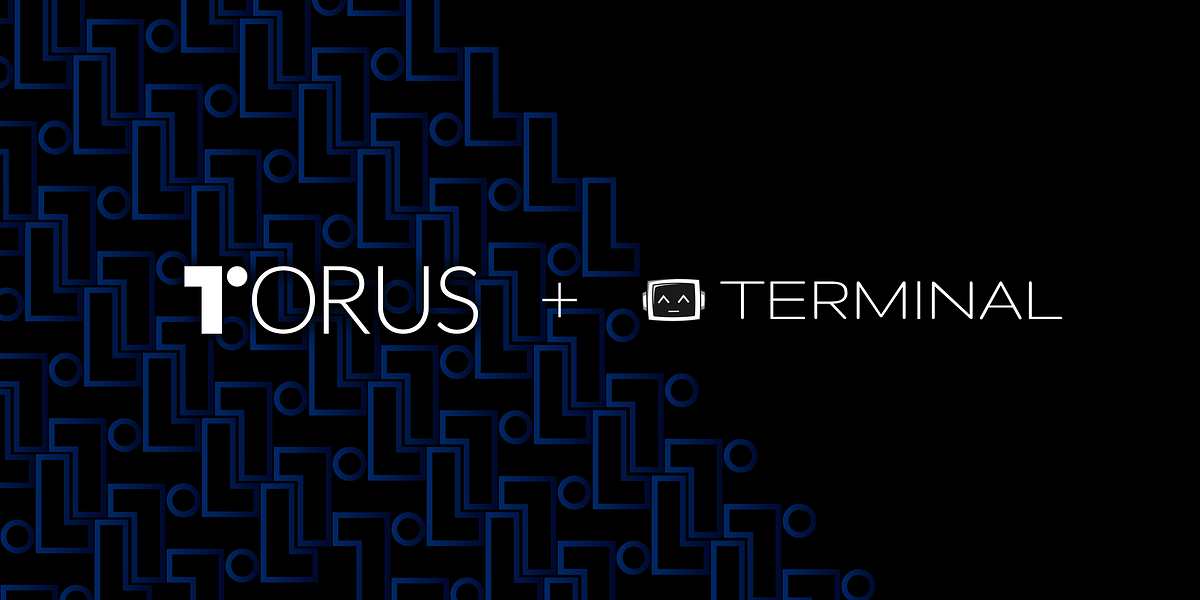Going back to where ETH Global started.
ETH Waterloo marks the last ETH Global event for 2019, and it is apt to end the year in the city that started it all. This hackathon brought hundreds of developers from Canada and beyond, who submitted 65 unique projects at the end of the 36-hour coding sprint.
Ethereum’s founder, Vitalik Buterin, was present to have a fireside chat with Camila Russo to talk about how far Ethereum has matured since gaining traction in 2017.
Vitalik shared about how crowdfunding on Ethereum has developed alongside regulations to better protect retail investors and hold project owners accountable for the funds raised. Fortunately for us, this space has progressively realigned itself with the original ethos of cryptocurrency of decentralisation and trust minimisation to establish a conducive environment for stakeholders to fund projects essential to this ecosystem’s growth.
Even within Ethereum’s engineering space, huge strides have been made in scalability improvements, usability flows, and comprehensive developer tools to establish key infrastructure pillars for building out useful applications for mainstream audiences. Vitalik managed to give us a preview of the direction he has for the blockchain, and his fireside chat is definitely worth a gander.
Arriving at the last ETH Global hackathon of 2019 gave us an opportunity to appreciate the collective growth our community has made. Developers at ETH Waterloo were eager to utilize all the available tools to create and invent the next big DApp.
Hackathon Workshop: Increasing Your DApp Userbase with Torus
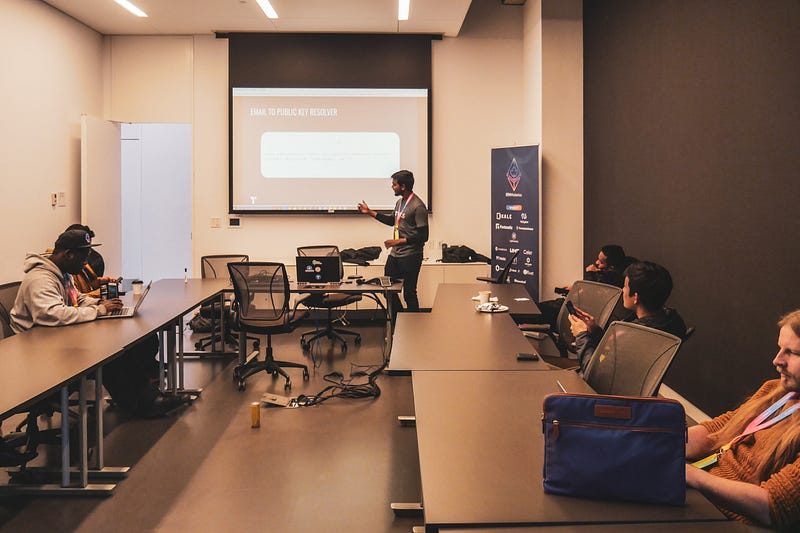
Our team had a blast coding alongside participants who were unleashing their creativity and genius in novel decentralised applications.
Our Senior Software Engineer, Chaitanya, conducted a workshop and troubleshooting sessions to get developers acquainted with the latest features of Torus. We were able to showcase the latest features of Torus, including our support for NFTs and multiple logins.
Meet the Torus Winners of ETH Waterloo 2019
At ETH Waterloo, we wanted to host bounty prizes to get developers to build useful features on Torus like hashed timelock contracts for airdrops or proof of signing for documents. Luckily for us, developers at ETH Waterloo came prepared with ideas and interests that they wanted to hack on.
It was great to see developers using the latest features that Torus Labs pushed out for this hackathon in their projects, especially our features for non-fungible tokens. We were happy to restructure our hackathon prizes to cater to the builds that developers were submitting.
Read on to learn about the amazing projects built with Torus at ETH Waterloo!
Torus API Grand Prize Winner: CRYPTOBRAWL
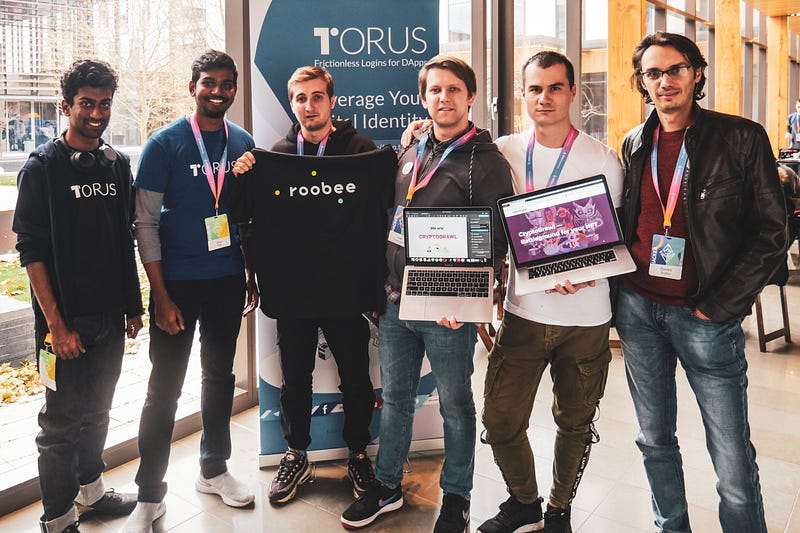
Our grand prize winner is a polished build with beautiful UI that allows players to battle with their existing NFTs, be it CryptoKitties, Axies, or MLB Champions.
The team accomplished solid engineering work by building their own off-chain environment for faster and more economical transactions, smart contracts and infrastructure in SKALE’s sidechain, whilst integrating Torus as their login provider and wallet to transact with non-fungible tokens.
CryptoBrawl also won SKALE Labs’s Grand Prize for building their transaction operations on SKALE’s environment.
Team CryptoBrawl is continuing their development work on this project and is looking to build more features into their DApp beyond the hackathon. The prize-winning DApp is live and hosted at https://cryptobrawl.online/ and curious users can log in with their Torus accounts to start battling with their NFTs!
Torus API Runner Up Prize Winner: Sheetcoin
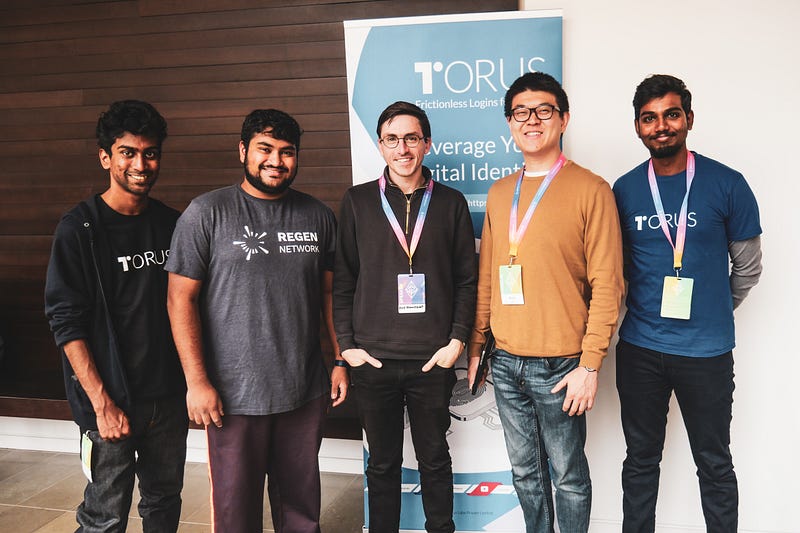
One of the finalists of ETH Waterloo 2019, Sheetcoin started off as a troll project that turned into a great visualisation project of how a blockchain can operate out of Google Doc’s spreadsheet.
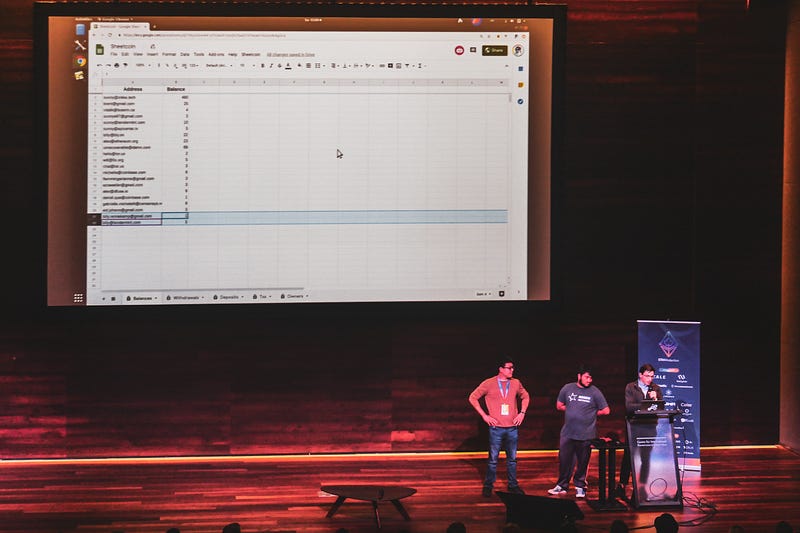
Sheetcoin managed to induce giggles amongst the audience as they demonstrated their winning project to the attendees at the closing ceremony. Sheetcoin uses Google sheets as a side chain to log the transactions between users on the spreadsheet and relay them to the Ethereum network.
The team integrated Torus to allow their users to log into the sheet directly and interact with the blockchain with their Google account. Users who already trust Google’s authentication platform can test Sheetcoin’s application and conduct blockchain transactions on their blockchain here.
Torus API Runner Up Prize Winner: Influencers
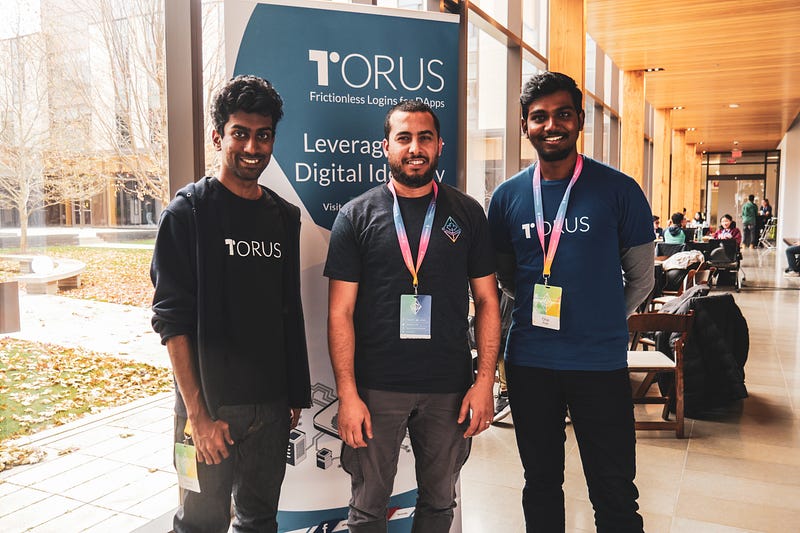
Influencers is a solo project by Ahmad Sghaier, that allows Reddit users tip contributors directly with cryptocurrency and offer recognition to valuable contributions in the form of badges linked to verifiable claims based on generated Decentralised Identifiers.
Using Torus’ NameResolver in its core feature, Influencers link users’ social accounts with their Ethereum address. Once logged in, the user can interact with other social accounts, and send tokens to their linked Ethereum wallet. This attaches value to upvotes and medals in Reddit and brings Steemit’s incentivisation model to Reddit’s bigger user base.
We believe that this is a potential feature that we can build with Reddit to test the receptiveness of the community in rewarding top contributors directly with cryptocurrency, increasing the adoption of this technology.
Torus API Runner Up Prize Winner: DigiCert
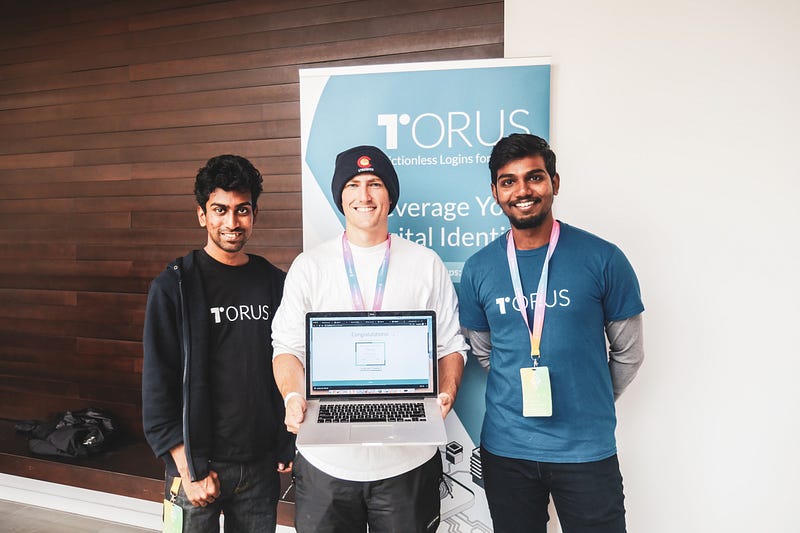
A solo project by Brandon West, DigiCert assigns digital certificates in the form of non-fungible tokens to students of online courses. Online schools using Google accounts for their student systems can assign blockchain wallets directly to students and award certificates upon completion of their courses.
DigiCert also won The Graph’s API prize for using subgraphs in his contract development.
With a practical use-case for blockchain systems within the education scene, we are looking forward to future plans that Brandon has for DigiCert and hope he releases his platform that schools can utilize.
Torus API Runner Up Prize Winner: Cortex
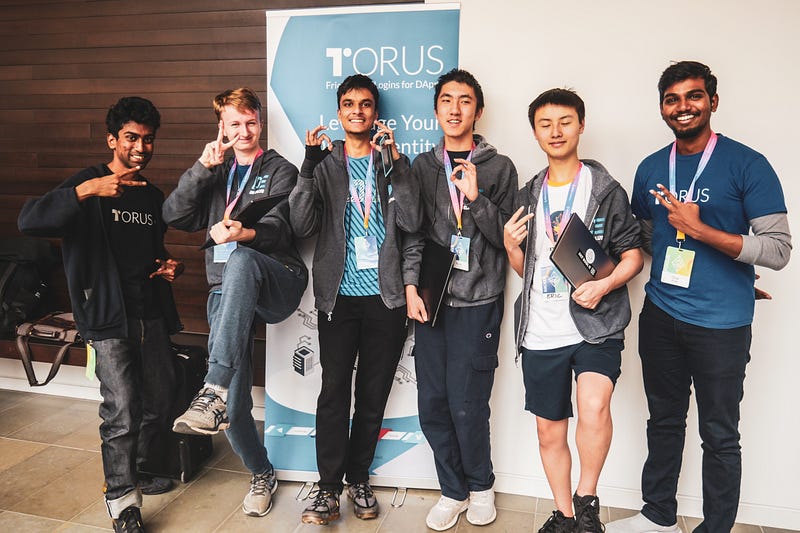
Scintillating’s team of software engineers built Cortex; a decentralised Ethereum identity management platform. The web application utilizes Torus to let users prove and validate online identities with social accounts and official websites. This decentralised web of trust backed by proofs of trusted identities would prove useful as an initial layer of verification. Verified accounts can be assigned privileges to sensitive data, or represent entities to sign for documents and conduct transactions.
The team has plans to integrate Cortex’s identity management tool with their flagship platform, Delfus; a secure, decentralised, and open scientific study management platform. The integration would be able to provide levels of proof to the studies put up on the platform. The platform aims to provide a sustainable method for scientific researchers to collectively build up their data sets to minimize overlaps and stimulate collaboration amongst the community.
We are optimistic about the platforms that Scintillating is planning to push out and look forward to their integrations.
Torus API Runner Up Prize Winner: MineBusker
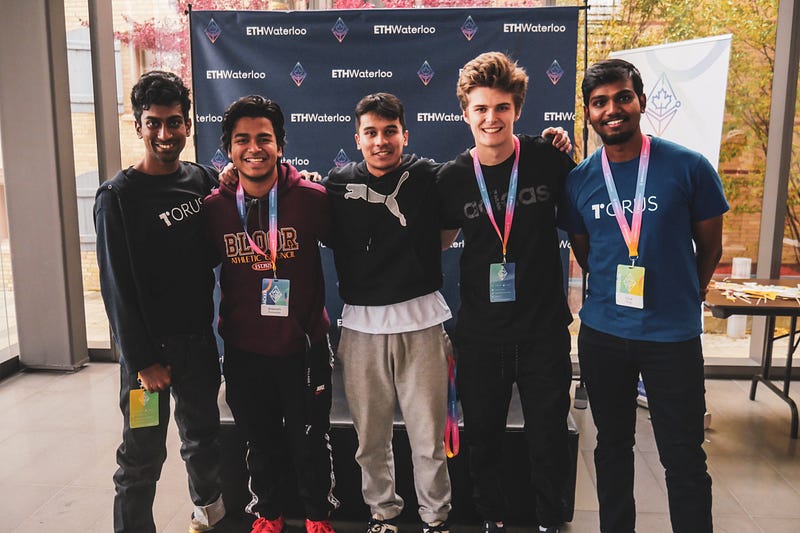
MineBusker is a platform for street performers to promote their shows on. Performers will generate a limited number of tokens based on the number of attendees, and these tokens are then sent to the attendees’ wallet. Performers are able to schedule events with pinned locations on Google maps to generate awareness for their acts and incentivise attendees to come and watch.
The team created a beautiful web application interface connected with Google maps to display all the performances happening within the users’ vicinity. With Torus, even users are new to decentralised platforms are able to log into the platform and receive their tokens in a few simple steps.
The solution that the team was building to was useful and unique for street performers. With inbuilt support for other social accounts within Torus, the team would be able to expand the functionalities of their platform to possibly include ratings and social proofings for each performer.
We hope to see an improved version of MineBusker with more features in the future.
Torus API Runner Up Prize Winner: Etheroom
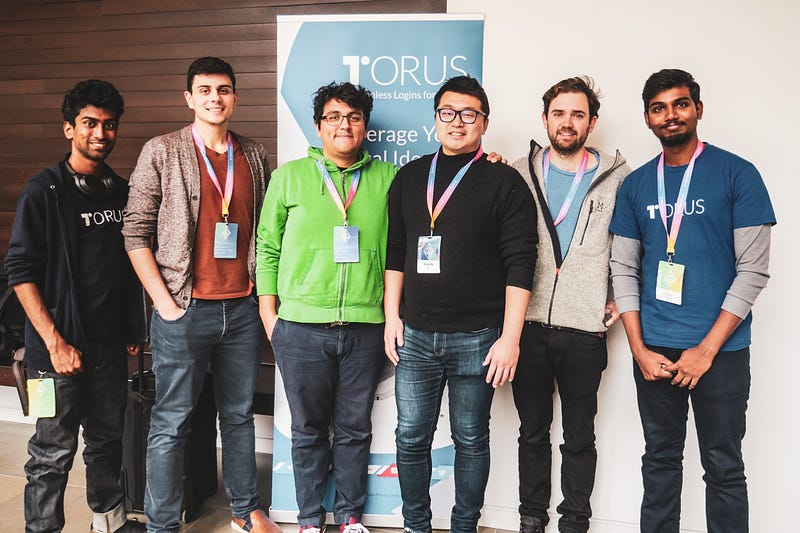
Etheroom developed a gated chatroom that only grants access to event participants who have their proof-of-attendance tokens. The team utilized our support for NFT tokens and required the user to link their wallets to prove that they have the right NFTs to enter the chat room. This would prove useful for event organizers who are looking to conduct conversations with just their participants.
The team is looking to expand the functionality of their products to determine the location of the participants with IoT, and only grant access into the chat rooms when they are in close proximity. We look forward to the next iteration of Etheroom.
Next Steps for Torus
ETH Waterloo is the last hackathon that we would be sponsoring for 2019, and we are excited to what 2020 has to offer. Meanwhile, our engineers are busy building out more features and improvements to our platform. Stay tuned and look out for more Torus features and integrations!
Torus Labs on Social
Photos from ETH Waterloo 2019 are now live on Facebook.
Join our social media channels to keep yourself updated on our latest news and subscribe to our YouTube channel to watch our after-movie of ETH Waterloo 2019.
Documentation: https://docs.tor.us/
Telegram Group: https://t.me/TorusLabs
Discord Channel: https://discord.gg/4vNM65a
Twitter: https://twitter.com/toruslabs
Facebook: https://www.facebook.com/torusprotocol
LinkedIn: https://www.linkedin.com/company/toruslabs
Reddit: https://reddit.com/r/toruslabs
YouTube: https://www.youtube.com/c/toruslabs
Blog: https://medium.com/toruslabs
Website: https://tor.us/



